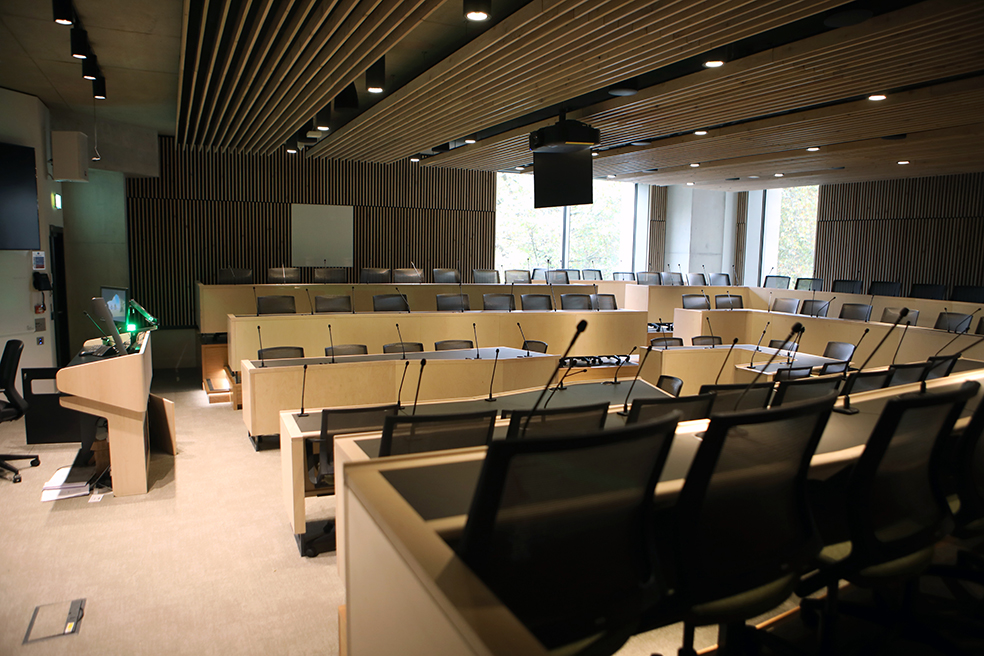When you’re applying to university, whether it’s for an undergraduate, master’s or PhD programme, you’ll very likely be asked to supply a state of academic purpose.
Sometimes these components have different titles, such as a personal statement (although this can also be something different, depending on the university), but they usually ask you to do the same thing: explain to admissions officers and readers why you are applying to this programme and what you hope to achieve by undertaking it. This may sound simple enough, but it’s important to consider a few things as you complete yours to help boost your chances of getting into your programme of choice.
The first thing you need to keep in mind is the “personal” in your personal statement or statement of academic purpose.
Surely enough, admissions officers read thousands of boilerplate statements every year. It’s easy to cast those aside than if the applicant sounds like a generic student. In other words, you want them to let them know what drives you to apply to this programme and what is unique about you. Share with them an anecdote about your motivations or something relevant from your life that explains why you want to be part of this programme. This will help you set yourself apart from other students and pique the interest of your admissions readers.
The meat of your statement should discuss what your goals are for the programme and what you’re trying to get out of it.
To explain this, talk about your academic and professional interests. If you’re applying to an international relations programme, for example, talk about your IR experience or your career goals related to IR. If you’re switching from another type of degree, it is crucial to explain why and how this new programme helps fit into your larger plans.
How to show interest in the programme you’re applying to:
To show demonstrated interest in the programme you’re applying to, explain some of the classes you might be interested in taking if you’re accepted and some of the professors you would be interested in working with during your course of study. If there’s a dissertation component of your programme, it would be helpful to mention what you might be interested in exploring for it and the mentors you could work with to help you put it together.
This post is of course not exhaustive, but these are the foundational building blocks you’ll need to craft an excellent statement. Good luck!





